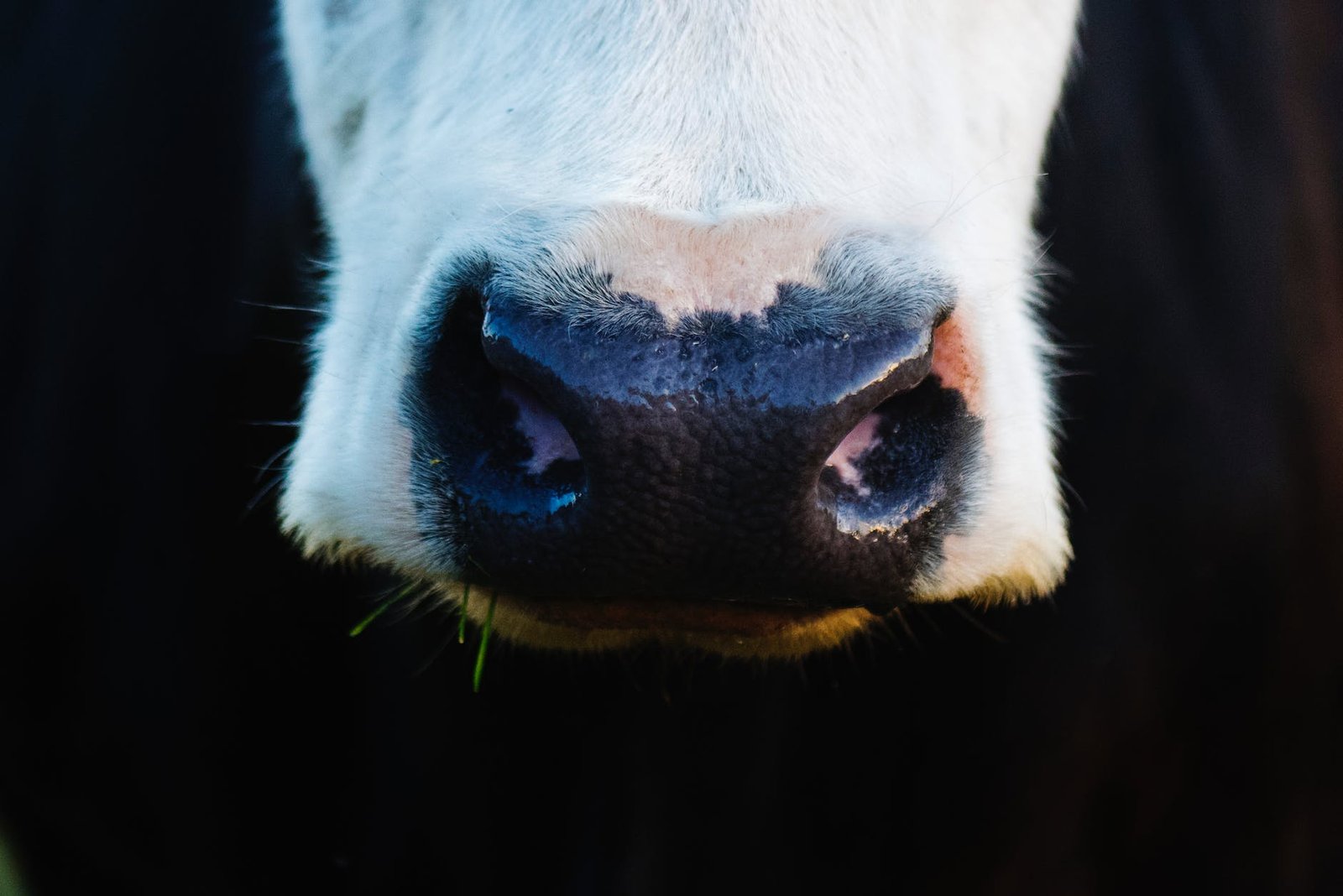Elien Verniers
Will great apes ever run the world? A sound question that spontaneously pops up when observing Banksy’s famous painting ‘Devolved Parliament’ which replaces British politicians in the House of Commons with chimpanzees and orangutans. ***Spoiler alert*** They will probably not; not even when animal welfare is anchored in a constitution nor when fundamental rights similar to human rights are attributed to animals.
Public concern about animal welfare has increased substantially in recent decades. This is mostly due to scientific findings that show that animals possess the ability to experience pain and suffering. Despite this growing public concern, the relations between humans and animals remain ambivalent. Although policymakers have taken important steps to promote animal welfare, the balancing of interests often turns out badly for the animals in case of conflict with other societal interests. This doctoral thesis explores what new key elements can be introduced in the legal order to give animals and their welfare a fair place in this balancing of interests. For this purpose, a multi-level approach is applied, combined with interdisciplinary insights from the fields of constitutional law, environmental law and human rights law.
Before delving deeper into the examined new key elements, the introductory part of the doctoral dissertation first presents a state of the art of contemporary animal law at the national, regional and international level. This reveals, for instance, that at the international level, in contrast to the national level, no international legal animal welfare framework exists. One of the lacuna’s, which this thesis intends to resolve (i.e. through a sustainable development approach [Chapter 4 & 5].
Part I of the doctoral thesis analyses the legal improvement of animal welfare at the national level in view of a constitutional provision. Whereas Chapter 1 drills down into the existing German animal welfare state objective (Article 20a) and detects via an in-depth case law analysis to what extent Article 20a created a significant impact on animal welfare in Germany, Chapter 2 analyses how animals could and whether they should be included in the Belgian Constitution, taking into account the lessons learned from the German example. National animal constitutionalism is highly topical, Italy, for example, implemented animals in Article 9 of their constitution in February 2022. This brings the total of worldwide constitutional duties owed to animals to 11 constitutional (national) provisions: Austria (§2 Preamble), Brazil (Article 225, §1, VII), Ecuador (Article 71), Egypt (Article 45, §2), Germany (Article 20a), India (Article 51A, (g)), Italy (Article 9), Luxembourg (Article 11bis), Russia (Article 114, 1, e5), Slovenia (Article 72, §4) and Switzerland (Article 120, §2). In comparison with 105 constitutional sustainable development provisions, there is still a way to go. However, juxtaposed to the lack of an international animal welfare framework this national constitutional provisions can indeed provide an incipient impetus and set a first step in a bottom up approach towards such a global animal welfare framework.
Subsequently, moving to the regional level, Part II covers the conundrum of fundamental animal rights, which situates itself, as will be explained in Chapter 3, on a completely different conceptual and normative level than animal welfare. Here, the European Convention on Human Rights serves as the overarching framework in which Article 1 and Article 8 are the two avenues that have been canvassed, using an evolutionary teleological approach on the one hand and the prism of responsible anthropocentrism on the other hand. Fundamental animal rights may seem farfetched but as UN Secretary-General Guterres already pointed out in UNGA ‘Harmony with Nature, Report of the Secretary-General (UN Doc. A/75/266 (28 July 2020) at 94)’, it is time for a global Earth-centred transition, in which the lives of all human and nonhuman species matter. Using a human rights framework (ECHR) has been criticized for levelling down humans and human rights and concerns of displacement (i.e. spending resources to animals instead of, for example, fighting racism) and trivialization (i.e. erosion of the moral prestige of human rights). However, this view of a zero-sum game is distorted as animal inclusion can indeed transform human rights to a ‘more inclusive, fair and rationally defensible normative enterprise. After all the underlying rationale of human rights is to protect vulnerable and marginalized groups, which may include animals.
Finally, Part III considers sustainable development as an international legal entry point for animal welfare. Chapters 4 and 5 reveal that sustainable development is strongly manifested in international soft and hard law, which is indeed conducive for the international legal visibility of animal welfare as this is currently lacking. The 2019 UN Global Sustainable Development Report acknowledged in its quadrennial report for the first time that animal welfare is a key issue missing in the 2030 Agenda. To respond to this unfortunate void, this doctoral thesis explores concrete examples of how integration can be achieved in practice between sustainable development and animal welfare. The discourses of One Health and One Welfare, for example, highlighted now more than ever due to the global COVID-19 pandemic, that animal welfare would perfectly fit under the social pillar of the (legal) concept of sustainable development. On the other hand, animal welfare can also be lodged under the environmental pillar as movements such as ‘compassionate conservation’ underline the intersection between nature conservation and animal welfare with increased attention for the individual animal and its intrinsic value. All this is not only examined from an animal welfare perspective, but also from a sustainable development perspective by discussing the pros and cons. Part III eventually defends the claims that the sustainable development approach to animal welfare is not only conducive for global animal welfare law, but also allows for a strong entrenchment of animal welfare at the national level and not only for animal welfare, but additionally such integration is also beneficial for sustainable development itself. This research is not a mere intellectual exercise as recently, indeed, at UNEA-5 in March 2022 a ‘Resolution on the animal welfare-environment-sustainable development nexus’ was adopted for the first time, which fully exemplifies the idea of Chapter 5 of this doctoral research.
Although each chapter ends with its own conclusion section summarizing the specific research findings, the overall concluding part concisely presents an overarching outlook whereby concrete recommendations in law, legal research and society and morality are suggested. One of the primary findings is that integration is key, we should therefore not only aim for a constitutional animal provision or introduce fundamental animal rights, but ideally we should incorporate fundamental animal rights in the constitution. In Basel-Stadt, the citizens were asked to vote the 13th of February 2022 whether the Cantonal Constitution should be adapted in order to expand the right to life and physical and mental integrity to (non-human) primates. The voting results (25% in favour) reflected that currently society is not yet ready to do so. However, another proposal is already in place, this time to include fundamental animal rights in the Finish Constitution, which will be initiated in fall 2022. Consequently, changes are on the horizon and if not tomorrow or next year, the day will come: (fundamental) legal rights for (non-human) animals.
*For a quixotic future outlook you can read my award winning Cambridge Centre for Animal Rights Law essay.
Elien Verniers defended her doctoral dissertation ‘Towards new legal instruments for animal welfare’ on 14 October 2022 at the Faculty of Law of the University of Ghent to obtain the degree of Doctor of Law. The complete doctoral dissertation can be consulted at https://lib.ugent.be/. The separated journal articles can be located as follows: Elien Verniers, ‘The impact of including animals in the constitution – Lessons learned from the German animal welfare state objective’ (2020) 8 Global Journal of Animal Law 1-24 [Chapter 1], Elien Verniers, ‘Animal Constitutionalism: Paving the Way for Animal Inclusion in the Belgian Constitution’ (2022) 10 Global Journal of Animal Law 1-68 [Chapter 2], Elien Verniers, ‘One Health, One Welfare, One Right: introducing animal rights in Europe’ (2022) 19/4 Journal for European Environmental & Planning Law 275-308 [Chapter 3], Elien Verniers & Sabine Brels, ‘UNCAHP, One Health and the Sustainable Development Goals’ (2021) 24 Journal of International Wildlife Law & Policy 38-56 [Chapter 4] and Elien Verniers, ‘Bringing animal welfare under the umbrella of sustainable development: A legal analysis’ (2021) 30 Review of European, Comparative & International Environmental Law 349-362 [Chapter 5].

